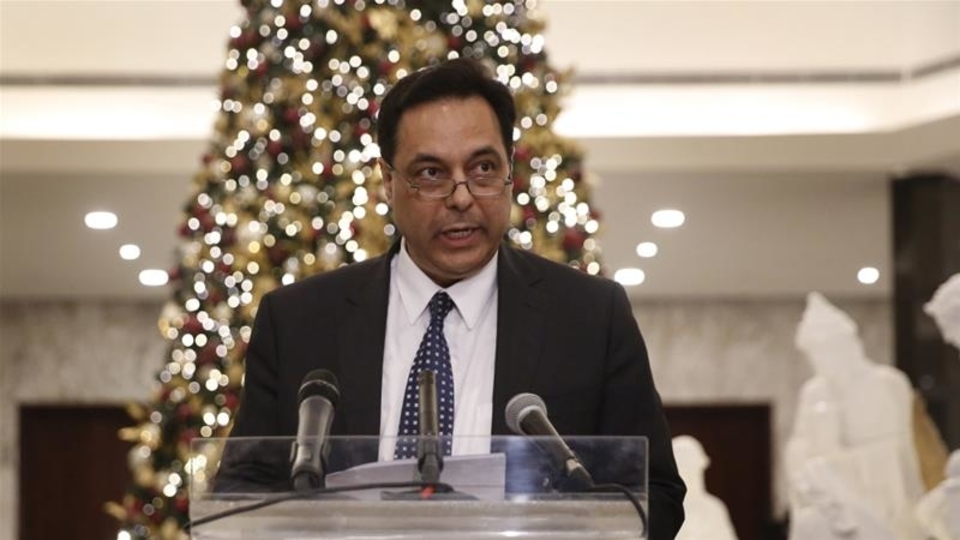Nearly three months after Saad Hariri stepped down as Lebanese prime minister following a popular uprising, the country finally has a new government. On Tuesday, January 21, president Michael Aoun announced the formation of a new government led by Hassan Diab.
The new cabinet will have 20 ministers, including six women. Former advisor to the parliamentary Budget and Finance Committee, Gazi Wani, will be the new finance minister, and Zeina Akar will become the first woman in Lebanon to hold the crucial post of deputy prime minister, along with the portfolio of defense.
Hassan Diab, a former education minister and a university professor, was elected as Lebanon’s prime minister last month in a vote in the 128-seat parliament, with 69 MPs, mostly belonging to Amal, Hezbollah and Free Patriotic Movement, supporting his candidature.
Caretaker prime minister Saad Hariri and his Future Movement have chosen to be in the opposition camp, along with the Christian Lebanese Forces and Druze-led parties.
The announcement of the new cabinet, however, has not satisfied the protesters. They had announced a “week of rage” a few days ago against the failure of the political establishment to respond to their demands for a complete overhaul of the country’s political system and the appointment of a fully technocratic government based on fresh elections.
Protests in Lebanon broke out on October 17 last year, when the Saad Hariri government tried to imposed certain new taxes on the people. He was subsequently forced to resign on October 29 under popular pressure. Demonstrators claim that the economic crisis in the country is a result of the widespread corruption and inefficiency among the ruling elite. They also blame the sectarian quotas in parliament and in government as one of the reasons for such corruption and inefficiency, and have demanded its withdrawal.
Lebanon is plagued by high public debt. Successive governments have failed to improve the economy, with people complaining about rising inflation, unemployment and poverty. People have also complained about poor public service delivery.
Hasan Diab has claimed that he has tried to address the demand of a technocratic cabinet with the inclusion of Gazi Wani and others. Al-Jazeera reported him saying that his “government represents the aspirations of the demonstrators who have been mobilized nationwide for more than three months.” He has also announced that none of his cabinet colleagues will be contesting the elections, whenever they are held.





